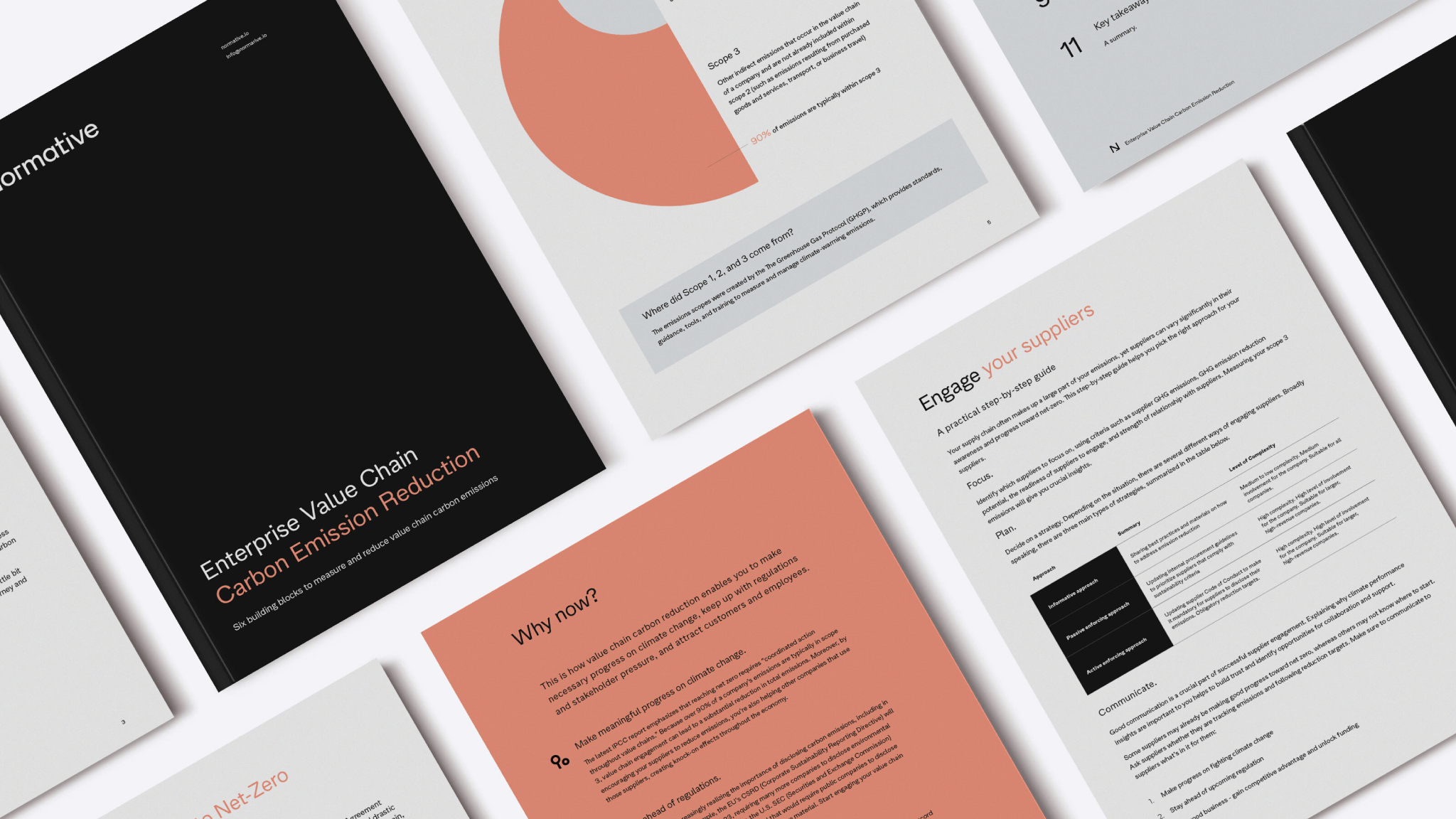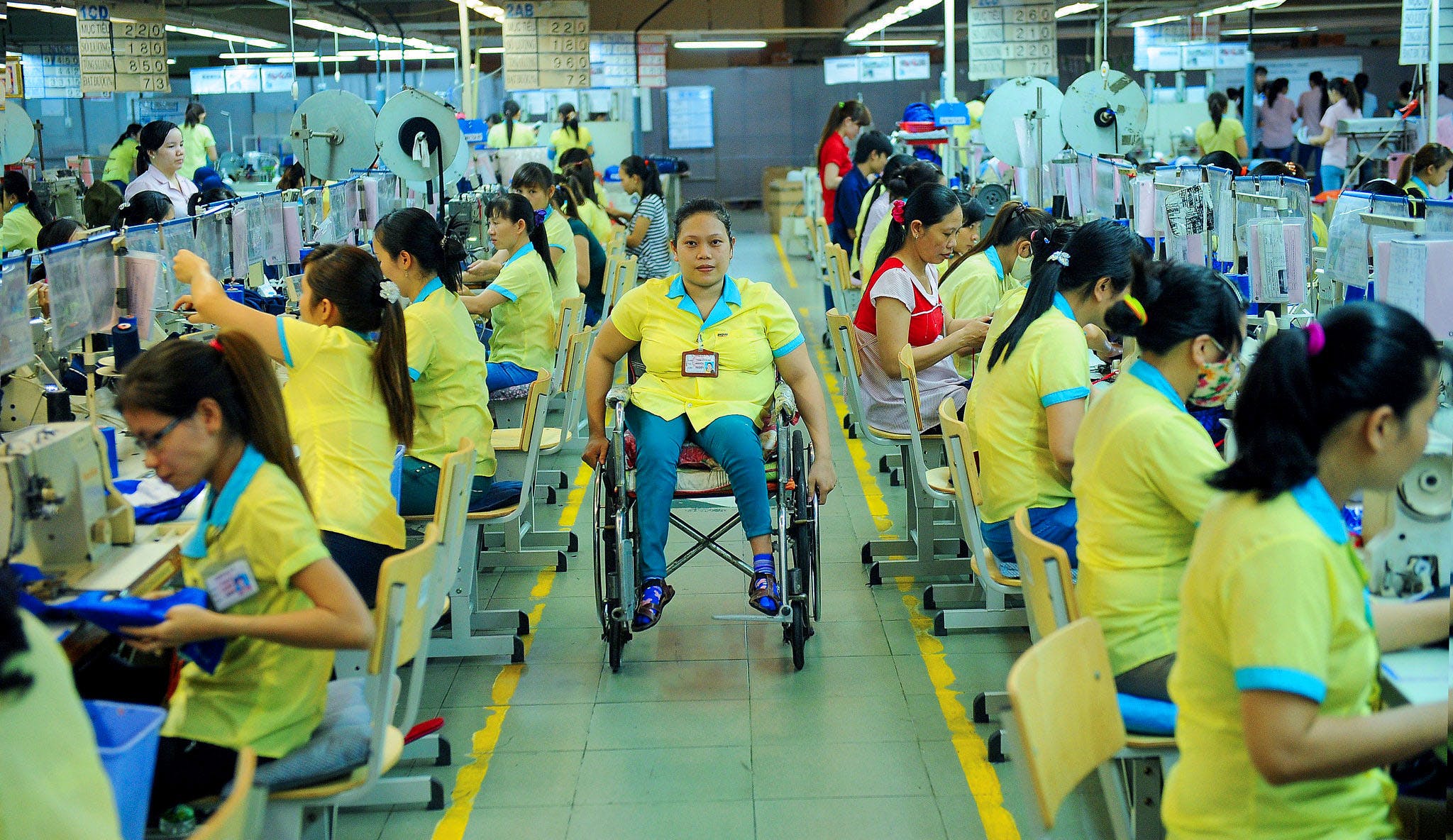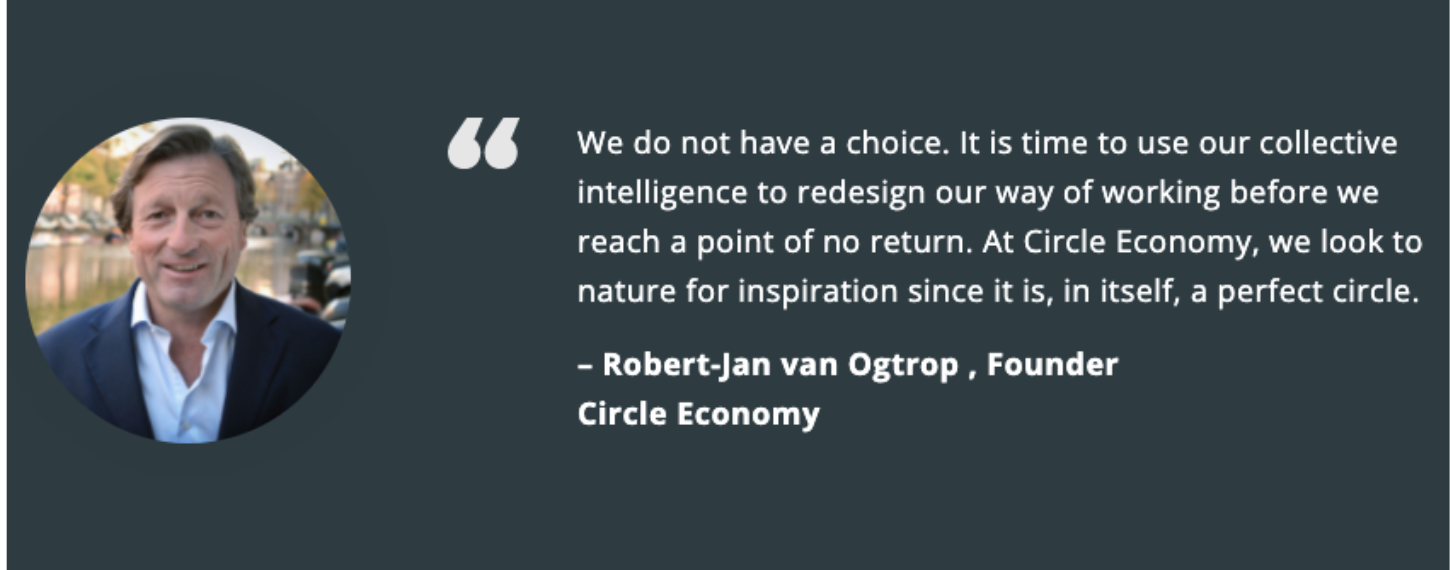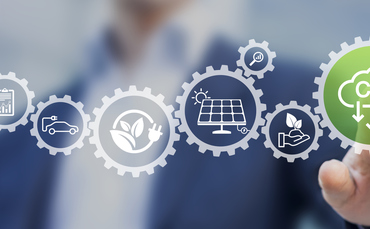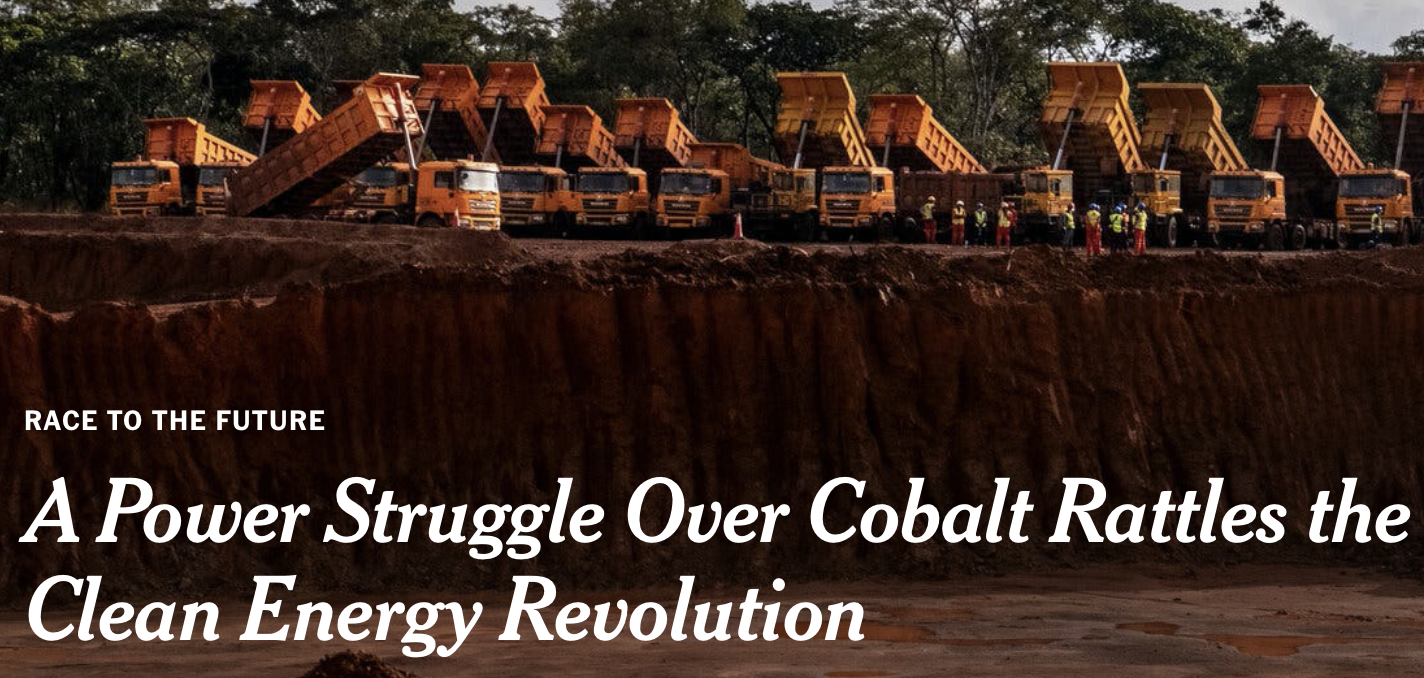Industry and Entrepreneurship
Public - visible to all visitors to the platform.
Open to join - users can join this group without approval.
Invite only - users can only join this group if they are added/invited by group managers.
About this Discussion
Green growth provides a means by which economic, environmental and social goals can be simultaneously achieved. It presents an opportunity to make existing industries more sustainable while at the same time encouraging new industries and a diversified economy.
Achieving a green and inclusive economy will be critical for tackling climate change, biodiversity loss, and pollution. SMEs will play an indispensable role in achieving this economic transformation due to the large share of global business they represent. Accounting for about 99% of enterprises in OECD countries, SMEs also employ a significant share of people, especially in low-income countries, where they contribute to, on average, 78% of employment compared to 65% in high-income countries.
Due to their large numbers, the very diverse nature of their businesses and their typically small number of employees, the barriers to greening the operations of SMEs are generally more complicated to overcome than those for larger companies.
Industry and Entrepreneurship
Created a Post in Circular Economy, Climate Change, Industry and Entrepreneurship
Created a Post in Sustainable Finance, Industry and Entrepreneurship, Gender
Created a Post in Industry and Entrepreneurship
Created an Opportunity in Green Recovery from COVID-19, Industry and Entrepreneurship
Green Recovery Intermediary Lab
Created a Post in Circular Economy, Industry and Entrepreneurship
Created a Post in Climate Change, Industry and Entrepreneurship
Created a Post in Circular Economy, Climate Change, Industry and Entrepreneurship
Created a Post in Circular Economy, Industry and Entrepreneurship
Created a Post in Energy, Climate Change, Industry and Entrepreneurship
Created a Post in Climate Change, Energy, Industry and Entrepreneurship
